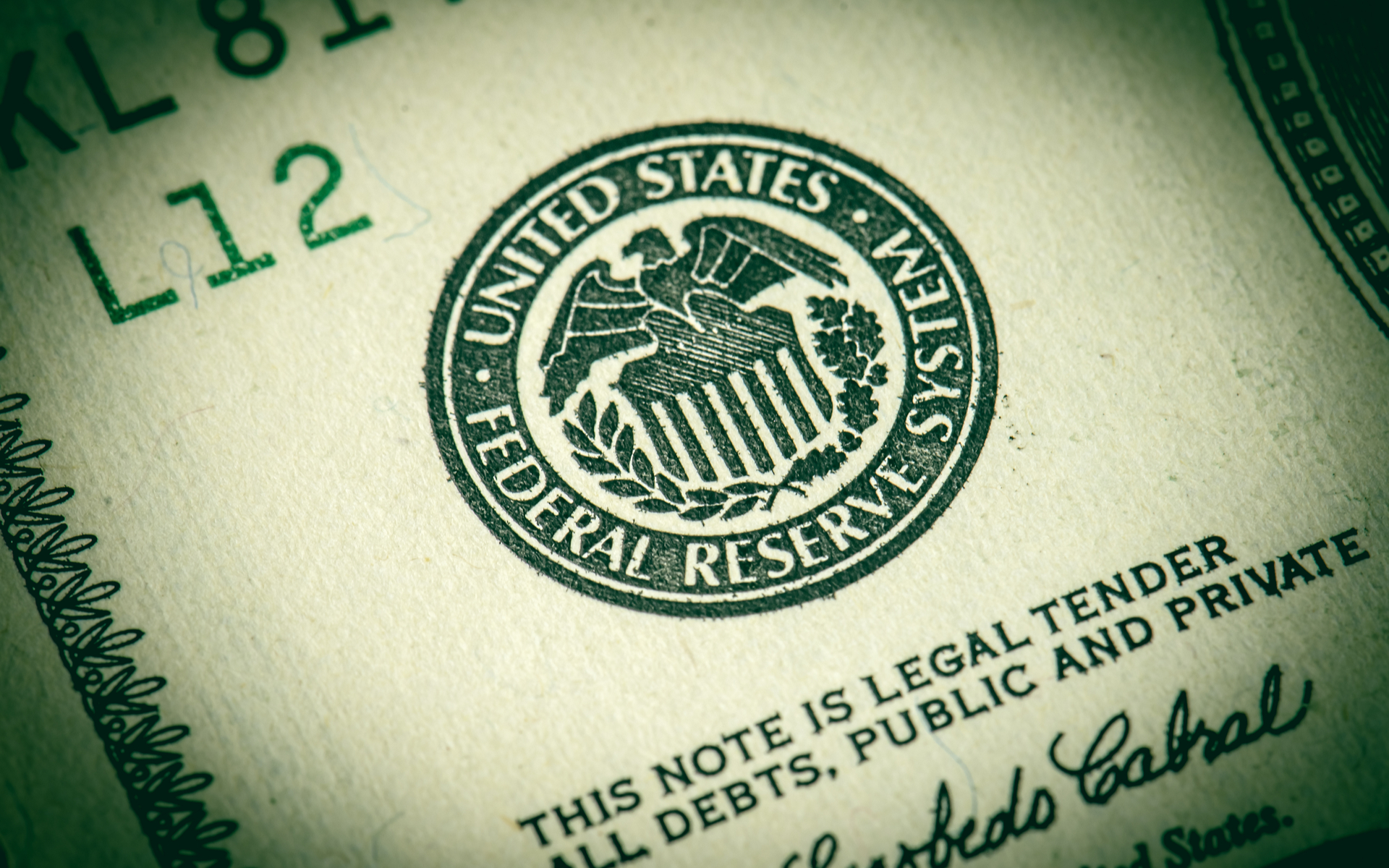PALO ALTO, Calif. (Reuters) - The Federal Reserve is looking at a broad variety of issues around digital payments and currencies, consisting of policy, design and legal considerations around potentially providing its own digital currency, Guv Lael Brainard said on Wednesday. Brainard's remarks suggest more openness to the possibility of a Fed-issued digital coin than in the past." By transforming payments, digitalization has the possible to provide higher value and benefit at lower cost," Brainard said at a conference on payments at the Stanford Graduate School of Company.
Reserve banks internationally are debating how to handle digital financing technology and the dispersed ledger systems used by bitcoin, which promises near-instantaneous payment at potentially low expense. The Fed is establishing its own round-the-clock real-time payments and settlement service and is currently examining 200 remark letters submitted late last year about the suggested service's design and scope, Brainard stated.
Less than two years ago Brainard informed a conference in San Francisco that there is "no engaging showed requirement" for such a coin. But that was before the scope of Facebook's digital currency ambitions were extensively understood. Fed authorities, consisting of Brainard, have raised issues about customer defenses and data and privacy risks that could be positioned by a currency that could come into usage by the third of the world's population that have Facebook accounts.

" We are teaming up with other main banks as we advance our understanding of main bank digital currencies," she stated. With more countries looking into providing their own digital currencies, Brainard stated, that contributes to "a set of factors to likewise be ensuring that we are that frontier of both research study and policy development." In the United States, Brainard said, problems that require study include whether a digital currency would make the payments system much safer or simpler, and whether it could posture monetary stability dangers, consisting of the possibility of bank runs if cash can be turned "with a single swipe" into the reserve bank's digital currency.
To counter the financial damage from America's extraordinary nationwide lockdown, the Federal Reserve has taken extraordinary steps, including flooding the economy with dollars and investing straight in the economy. Most of these relocations got grudging acceptance even from lots of Fed skeptics, as they saw this stimulus as required and something just the Fed might do.
My new CEI report, "Government-Run Payment Systems Are Risky at Any Speed: The Case Versus Fedcoin and FedNow," information the threats of the Fed's present plans for its FedNow real-time payment system, and propositions for central bank-issued cryptocurrency that have actually been called Fedcoin or the "digital dollar." In my report, I talk about concerns about personal privacy, information security, currency adjustment, and crowding out private-sector competition and development.
Proponents of FedNow and Fedcoin say the federal government must develop a system for payments to deposit quickly, instead of motivate such systems in the economic sector by lifting regulatory barriers. But as kept in mind in the paper, the private sector is providing a seemingly unlimited supply of payment innovations and digital currencies to solve the problemto the extent it is a problemof the time gap in between when a payment is sent and when it is received in a bank account.
And the examples of private-sector development in this location are many. The Cleaning House, a bank-held cooperative that has been routing interbank payments in various kinds for more than 150 years, has been clearing real-time payments considering that 2017. By the end of 2018 it was covering half of the deposit base in the U.S.